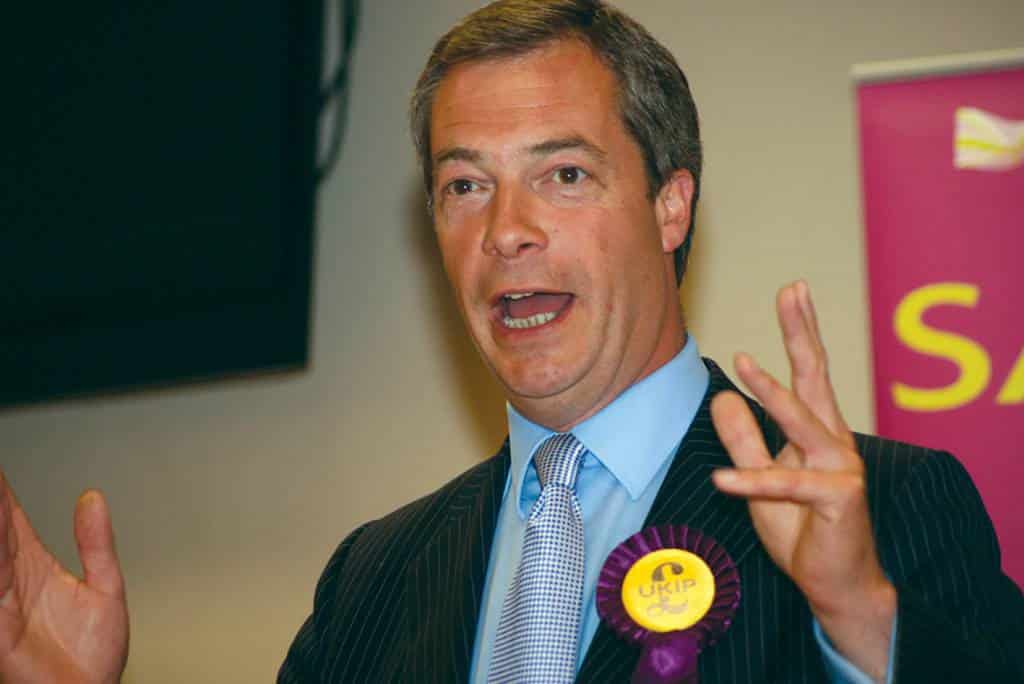This is the latest in a series of monthly columns written exclusively for this newspaper by Tunbridge Wells MP Greg Clark, in which he offers his own unedited thoughts and opinions.
The two weeks that have passed since the ÂReferendum have been some of the most Âtumultuous in Britain in years. As readers know, I believe that Britain would be better off as part of the ÂEuropean Union and I campaigned to Âremain a member. Although a majority of people in ÂTunbridge Wells agreed with me, most of the Âcountry did not – including, it is fair to say, a Âsubstantial number of people who live in our town.
I am proud of the way the campaign was Âconducted in Tunbridge Wells. It was Âpassionate and engaged, but it was also respectful and serious. That’s the way we do things here. On both sides of the argument people put aside party political rivalries and joined together, working to engage voters. If the national debate had been conducted more like the debate we had in ÂTunbridge Wells, I believe that much of the Ârancour that soured it could have been avoided.
The result of the Referendum was not the one that I hoped for, but it must be respected. The country must come together and be determined to heal the divisions that were evident and to negotiate the best possible terms for our future relationship with the European Union.
The morning of the Referendum result, I caught the train to London and called together all the staff of the government ministry I am responsible for – the Department for Communities and Local Government. I reminded them that the country must be run well, even while questions about our EU negotiations are being resolved.
Nothing changes immediately as a result of the vote. It was an instruction to negotiate, not an instant change. We continue to have the same tariff-free access to the single market as we have since it was created. There is no change to the rights of people from other EU countries to be able to work here, or the rights of British citizens to live and work or retire to those countries. These rights don’t change until we have agreed the terms of our exit, and the timing of that is in our hands because it is for the UK alone to trigger Article 50 which sets a maximum two-year timetable for withdrawal. We cannot be expelled or have a timetable imposed upon us.
My strong view is that we should not rush into immediate withdrawal, but instead should take our time to work on terms that are in the mutual interest of Britain and the EU partners that will want to continue to trade with us.
Another reason for not acting in a rush is that, as least in my experience, successful Ânegotiations depend on relationships as well as pieces of Âpaper. A new Prime Minister will need to build and renew those relationships, which are Âcurrently bruised.

We should put a great deal of effort into our diplomatic relationships during the years ahead. Doing so requires having a cool head and a Âcourteous, constructive disposition – for which Britain has been historically celebrated and which is, I’m afraid, the exact opposite of the shamingly boorish behaviour which Nigel Farage displayed in Brussels last week.
If we can act in this way – true to our Ânational character – we can begin to rebuild the Âconfidence among investors and trading partners that is essential if we are to maintain the greater prosperity that has been painstakingly rebuilt since the financial crisis. Whatever we think of the Referendum result, we must move Âbeyond dejection or elation which, unproductive in Âthemselves, stand in the way of action to secure the best possible future for our town and country.
Greg Clark was elected to Parliament as a representative of Tunbridge Wells in 2005. The Conservative MP has since held a number of positions in government and currently sits as a member of the Cabinet in his capacity as Secretary of State for Communities and Local Government: www.gregclark.org








